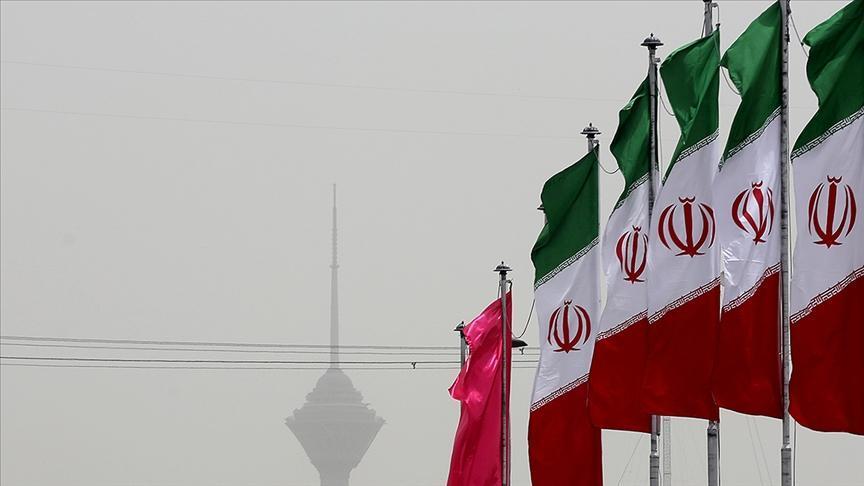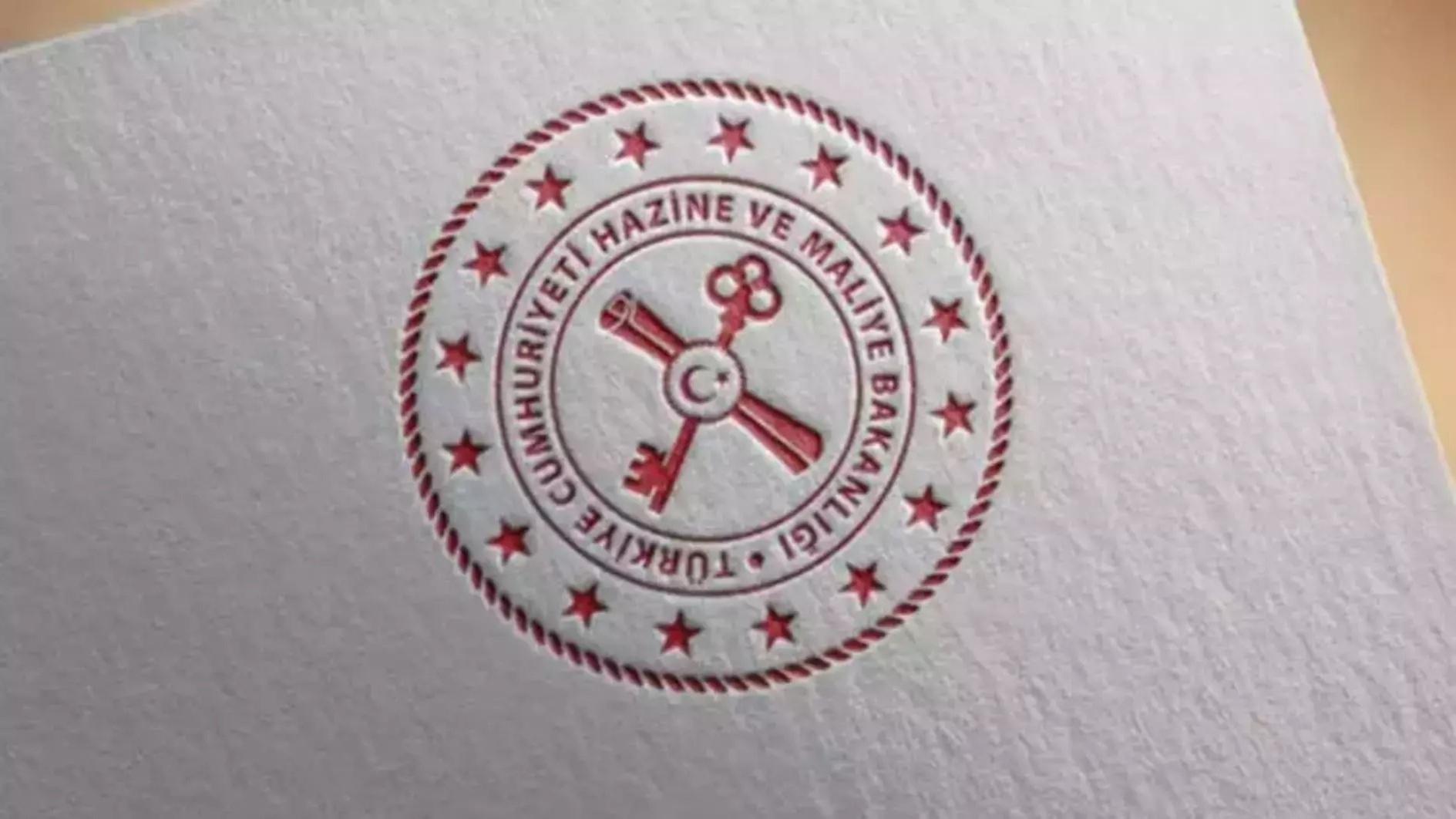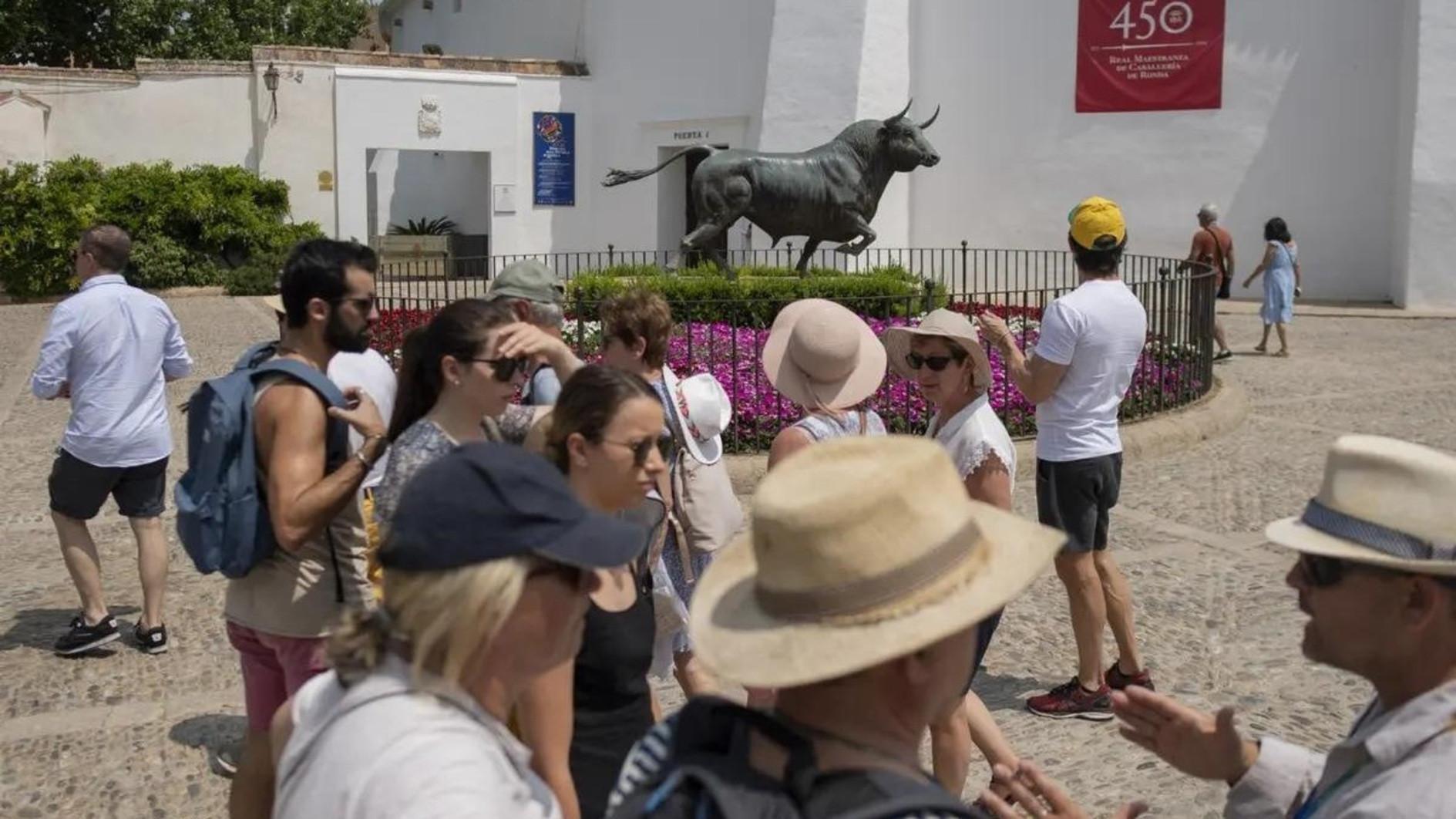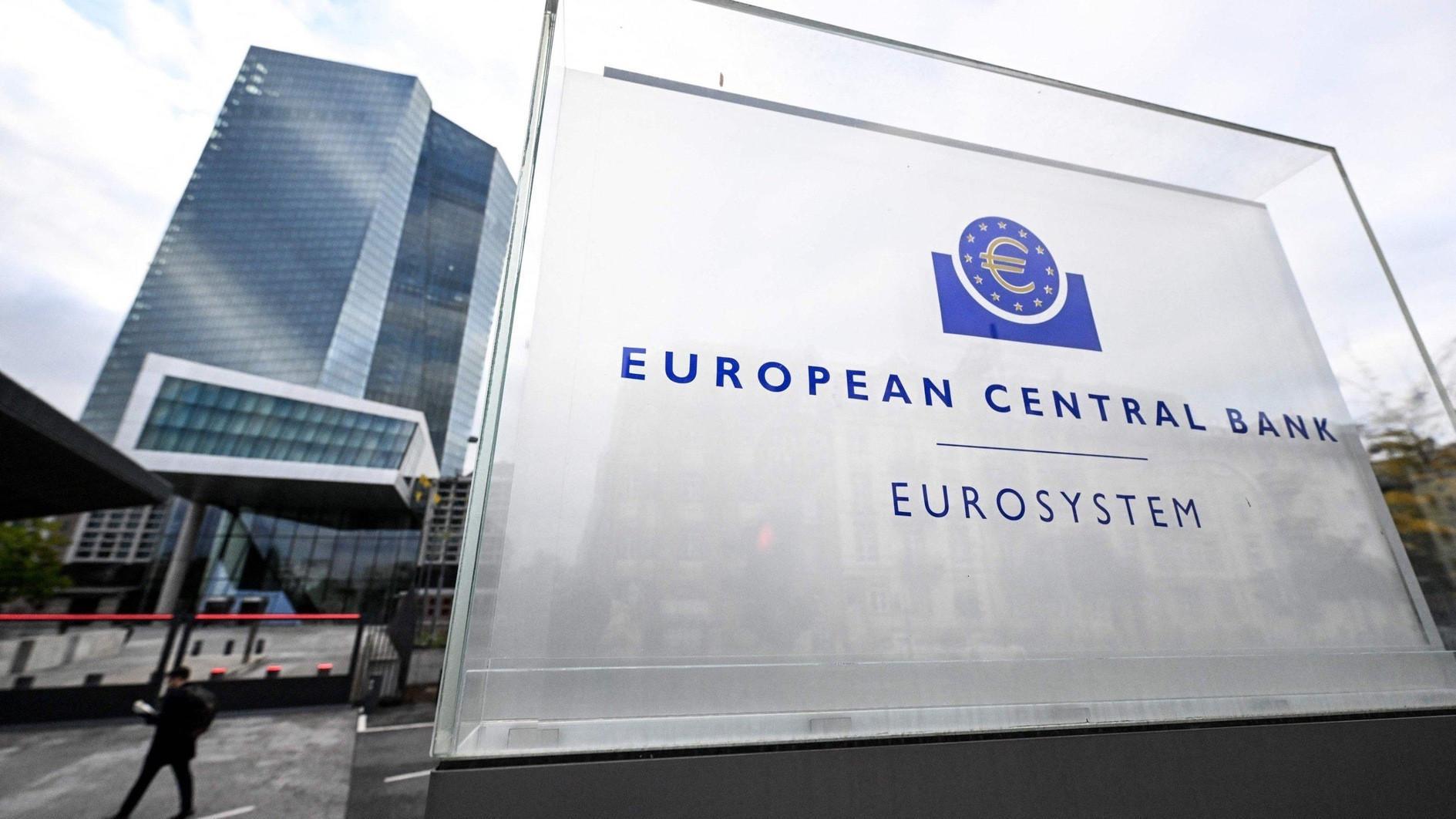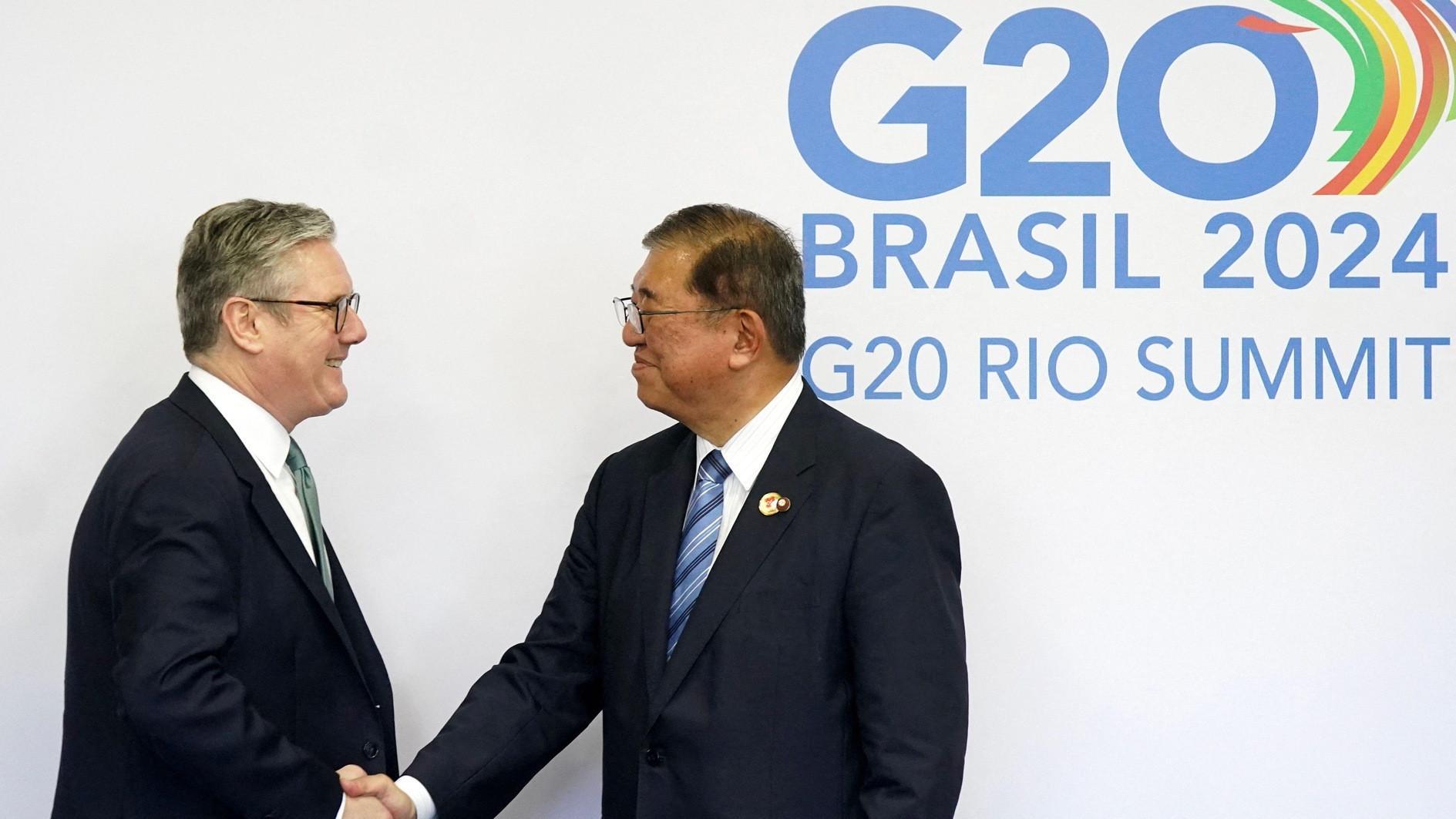Turkey’s graft probe and Erdoğan’s dilemma
One of the most interesting reactions to Prime Minister Tayyip Erdoğan’s efforts to divert public attention away from corruption allegations involving four of his ministers, by pointing to the international conspiracy that he sees behind it, came from within his own party. Using his personal Twitter account, Ertuğrul Günay, a former culture and tourism minister of the ruling Justice and Development Party (AK Parti) and a current member of Parliament, harshly criticized the Erdoğan government’s stance on the huge graft probe in general, and those ministers who still maintained their chairs despite bribery allegations.
In a direct reference to Interior Minister Muammer Güler, whose son Barış has been detained, Günay said: “When a person, who is under investigation, is making shifts in the police department when the operation is still ongoing, it is an intervention into the prosecution, an unforgettable violation of law and crime … Those whose names are involved in the claims in the investigations should resign. It is wrong to accuse those who reveal corruption before doing this [resigning].”
Günay used to be an executive of the social democratic Republican People’s Party (CHP), but joined the AK Parti before the 2007 elections. He then served as culture minister until January 2013 after a number of discrepancies on cultural matters with Erdoğan. He knows well that such statements effectively mean a farewell to Erdoğan and the AK Parti. It is also possible that Günay will resign from the party in the coming days, or perhaps be sent to its disciplinary committee, which would mean the same thing.
Erdoğan, on the other hand, is standing firm behind his ministers. Along with Interior Minister Güler, the names of Economy Minister Zafer Çağlayan, Environment and Urbanization Minister Erdoğan Bayraktar, and European Union Affairs Minister Egemen Bağış are also involved in the probe, which, if proven, would be the biggest corruption investigation ever in Turkey. The biggest charge is over the facilitation of money transfers for gold by an Iranian-origin businessman, Reza Zarrab, to the U.S.-sanctioned Iran, through the government-controlled Halkbank. Those connected to this also allegedly accept bribes.
Erdoğan is trying to not highlight the corruption side of the probe, but rather how it’s being carried out. He is very upset that the police and prosecutors did not inform the interior minister in advance. Actually, there is a law that was passed in 2005, under the AK Parti government, giving that protection to prosecutors and certain branches of the police - such as the organized crime branch, the intelligence branch, and the anti-terrorism branch - in order to prevent leaks. To give an example, because of that law, the police were able to search the house of the interior minister’s son and find some material reportedly related to the case. But they could not search the house of Zafer Çağlayan’s son, because the house was registered to the minister, who has parliamentary immunity. The question in the political corridors is that if the interior minister had learned about the probe, perhaps his son could at least carry all the material to his father’s house, or destroy it altogether.
There are reports in the Turkish media about a telephone conversation between Güler and his son, where the former allegedly gives the following advice: “Don’t do certain things as usual, since someone could track them down.”
Main opposition Republican People’s Party (CHP) leader Kemal Kılıçdaroğlu said on Friday that this conversation alone was evidence of corruption, and that it was a “shame” that those ministers were still keeping their seats.
The pressure is mounting on Erdoğan to sack the ministers, but he thinks this would be tantamount to admitting failure, and therein lays his dilemma. He was already going to change some names in the Cabinet, as three of his ministers (the justice, transportation, and family ministers) will run for mayoral posts in the coming local elections on March 30, 2014. But he also knows that if he keeps the under-attack ministers in the Cabinet, it could put him in trouble both inside and outside Turkey, especially where foreign investments are concerned. It could also give trouble to President Abdullah Gül in approving them amid public pressure.
Erdoğan seems to want to postpone the crisis until after his visit to Pakistan, meaning until next week. But there is no guarantee that such a plan will work, since every other day in Turkey something happens that could not have been expected before.



